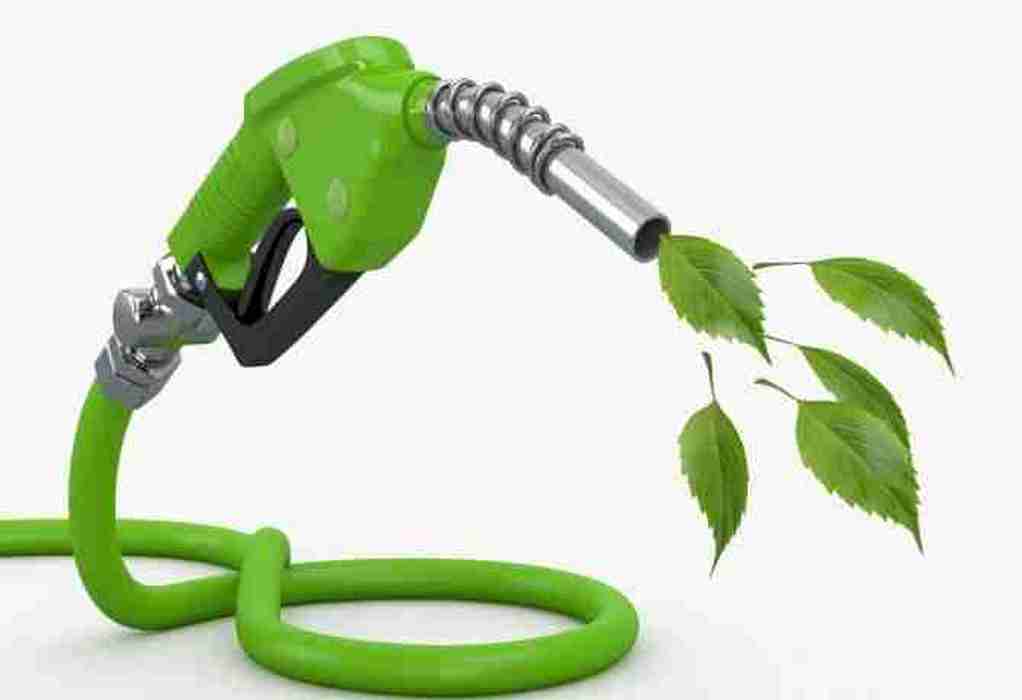The EU announced €1.8bn ($1.8bn) of funding for 17 large-scale renewable energy and decarbonization projects. The projects include hydrogen, renewable power generation and advanced biofuels projects.
Collectively, the projects could save 136mn t/CO2 equivalent over their initial decade of operations. Successful applicants include three hydrogen projects, two of which could produce around 70,000 t/yr combined, of hydrogen. The third, Shell’s Holland Hydrogen development, aims to build a 400MW electrolyser by 2027.
Funding was awarded to four carbon capture and storage (CCS) projects attached to cement production facilities – typically a hard-to-abate sector – in France, Germany, Bulgaria and Poland.
An offshore wind project, solar and battery manufacturing plants and a plastics recycling development also secured funding. The projects were chosen from 139 applicants under the EU’s second call for large-scale decarbonization developments with capital costs over €7.5mn. The grants will come from the EU’s Innovation Fund.
A carbon mineral storage project in Iceland won financing. It will have estimated storage capacity of 880mn t/CO2 and puts the cost of CO2 storage at €13/t — significantly lower than industry estimates, although these also include capturing the gas.
There were 20 further projects not deemed mature enough for a grant. It has pre-selected these for development assistance from the European Investment Bank, with further announcements on this due in the fourth quarter.
Tags: Decarbonisation, Energy Transition, eu, Technologies



Recent Posts
Scandlines Nears Delivery of Zero Emissions Ferry Following Successful Sea Trials
India faces emission roadblocks with rising net-zero demands
Green Energy Resources invests in two electric Liebherr LHM 550
NYK Launches Continuous Use of Bio LNG Fuel on Car Carriers to Advance Decarbonization Goals
Yang Ming Expands Fleet with Methanol and LNG Dual-Fuel Vessels Under Fleet Optimization Plan
ClassNK Advocates Speed Gap Monitoring to Optimize Fuel Efficiency in Heavy Weather
Wärtsilä’s retrofit package for the Corsica Linea ferry Pascal Paoli has resulted in fuel savings of up to 22 percent Corsica Linea
COSCO Shipping Names Second Methanol Dual-Fuel Containership in Yangzhou